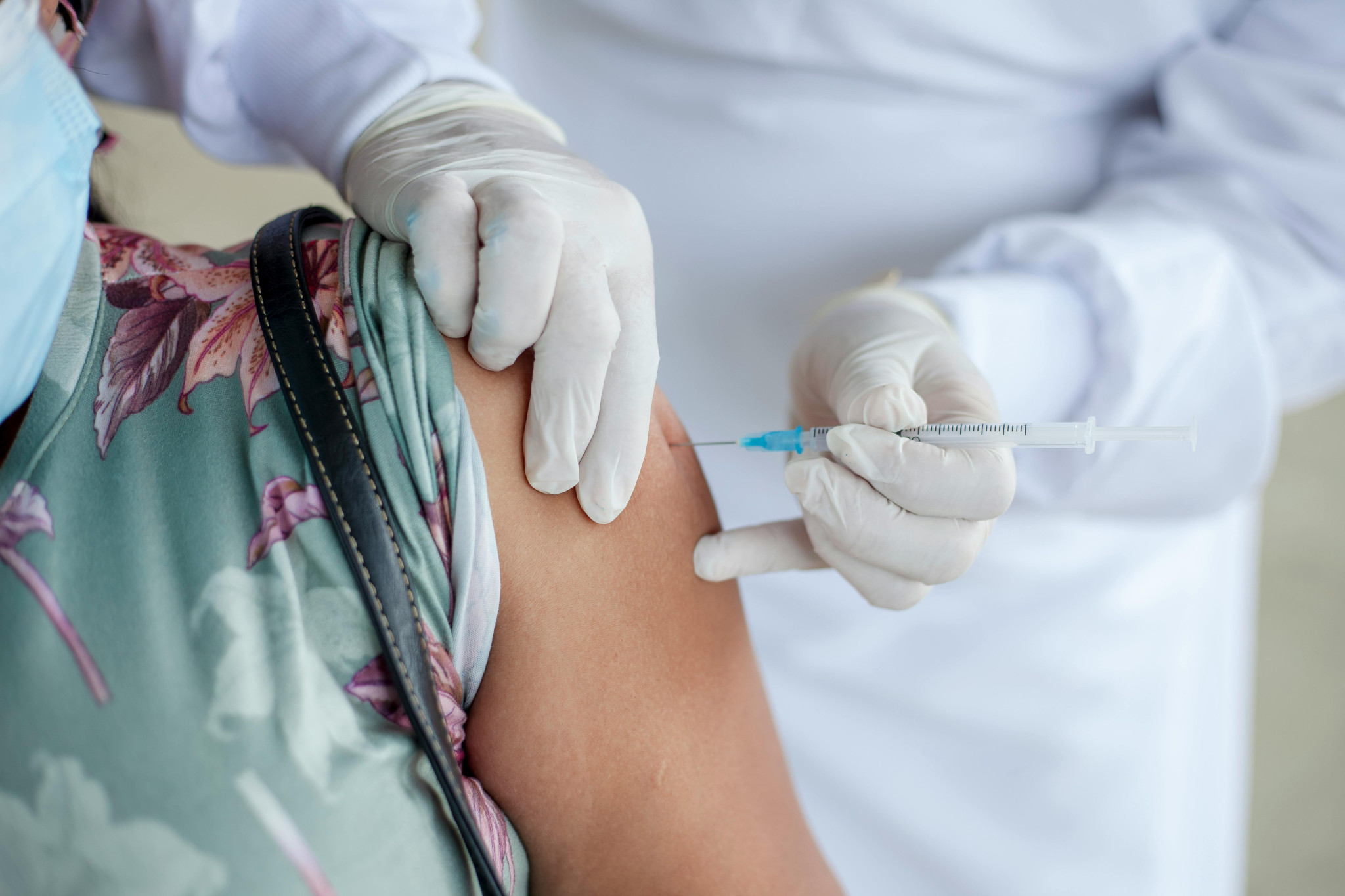News
6 March, 2025
Free flu shots
THE State Government is urging all Queenslanders – from six months of age – to roll up their sleeves for its free flu vaccination program which began over the weekend.

The $25 million program runs from March 1 to September 30 and provides Queenslanders with free vaccinations to protect themselves from influenza and ease pressure on the health system.
The vaccine will be available at GPs, pharmacies, and community vaccination centres in the coming weeks.
Last year, Queensland hospitals experienced a significant spike due to influenza, with 7,000 people hospitalised and 42 percent of those aged over 65.
Minister for Health and Ambulance Services, Tim Nicholls, said the State Government is making sure cost is no barrier to protect Queenslanders this flu season.
“I urge all Queenslanders to protect themselves and to keep vulnerable loved ones safe as we head into the flu season,” he said.
“It’s critical that pregnant women, children and the elderly are vaccinated, given they are more vulnerable to severe illness and this is the reason we committed in January to funding free flu vaccinations in the 2025 flu season.”
Queensland Chief Health Officer, Dr Heidi Carroll, said it was important people did not underestimate the impact influenza could have.
“We’ve seen a continuing rise in flu cases, hospitalisations and flu-related deaths over the past three years and that’s why it’s more important than ever to get vaccinated,” she said.
“Almost 200 people died in Queensland from the flu last year and 80 percent of the almost 7,000 people hospitalised were not vaccinated.
“Flu vaccination is free and more accessible than ever so my message to Queenslanders is simple: roll up your sleeves.”
President of the Pharmacy Guild of Australia, Queensland Branch, Chris Owen, said the free influenza vaccine program has the potential to be the difference between life and death for Queenslanders.
“Getting the vaccine doesn’t only benefit those who receive it directly, it also helps prevent the spread of disease to other loved ones, particularly elderly relatives who are the most susceptible to having serious complications from influenza exposure,” he said.

